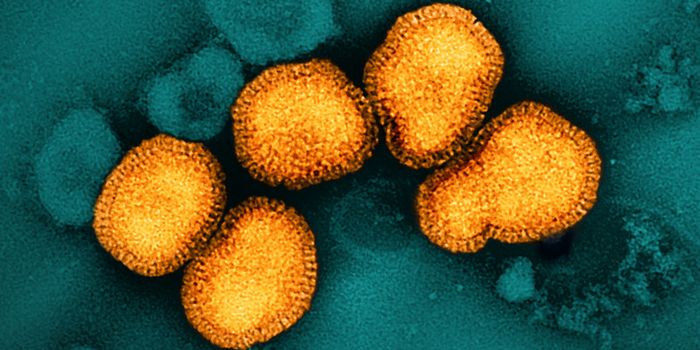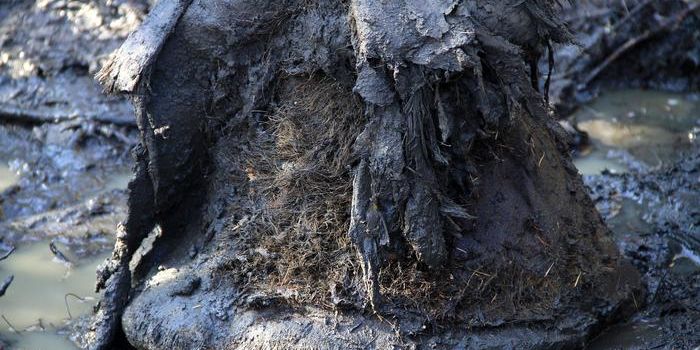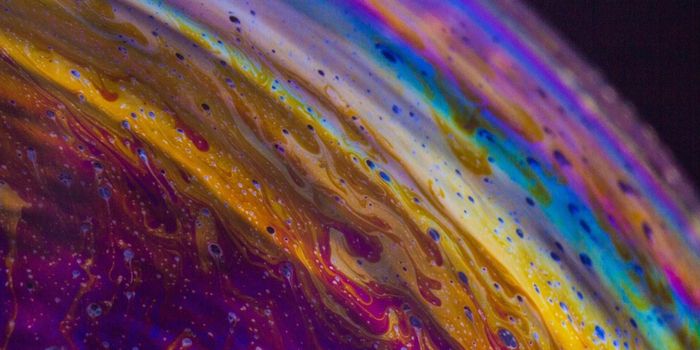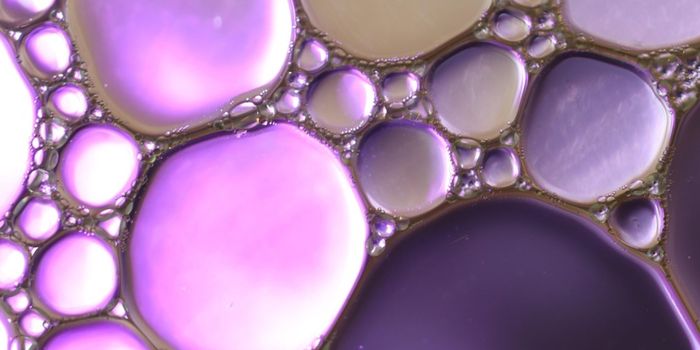The Earliest Influences on the Microbiome Have a Lasting Impact
We coexist with microorganisms, and they are an integral part of our health. The microbial community that we rely on in our gastrointestinal tract is established as soon as we are born; new work has shown how important it is to lay the right foundations in that gut microbiome as soon as possible. The first microbes that colonize it have a lasting effect on our health throughout our lives. Led by microbial ecologist Jens Walter, researchers at the University of Alberta found that individual differences in the microbiome probably depend on where the first microbes we acquired came from, and the order in which they arrive has a critical influence as well.
This work, which was reported in eLife, shows how these microbial communities are built, and what causes individual microbiomes to be so varied. This knowledge is critical if we are to learn how to manipulate the microbiome to promote good health. Dysfunction in the microbiome has been connected to several chronic disorders, including inflammatory bowel disease, type 2 diabetes, heart disease, colon cancer, autism, neurological dysfunction, and allergies.
"Each of us harbors a microbiome that is vastly distinct, even for identical twins,” said Walter. “Microbiomes are important for our health, but they appear to be shaped by many unknown factors, so it's hugely important to understand why we are all different.”
We already know that a person’s biology, such as their genetics and physiology as well as their environment, including their lifestyle and diet, all have an impact on the composition of their microbiome. Walter noted, however, that these factors only account for 30 percent or less of that variation.
In this study, the researchers used a young, genetically identical mouse model and tightly controlled how microbes or unique microbial communities were introduced into their gastrointestinal tracts. They found that adult mice had a microbiome that was most similar to the one they received initially. When a cocktail of four different bacteria was utilized, the first microbes that colonized the gut had the biggest influence on how the microbiome developed and persisted the longest.
This work will add to a growing body of knowledge that investigates disruptions to the microbiome, like those caused by Caesarean births or antibiotic drugs. Those disruptive events appear to raise the risk of disease development, and it may be possible to rectify that.
"If we know what drives specific microbiomes in specific people, we can have a much more rational approach to potentially altering the microbiome, and developing strategies to address those diseases," Walter explained. "Having long-term persistence of microbes when they colonize in the gut early in life means that a health-promoting biome could potentially be established by introducing beneficial bacteria straight after birth."
While some probiotics are already added to infant formula, this work can provide new insight into how the microbiome is impacted by those probiotics, he added.
"We could be a lot more systematic. I think in 30 or 40 years we'll be able to colonize infants with specific bacteria we know are health-promoting and shape the microbiome in a beneficial way,” concluded Walter.
Learn more about recent research on the microbiome and human health from the video.
Sources: AAAS/Eurekalert! Via University of Alberta, eLife









